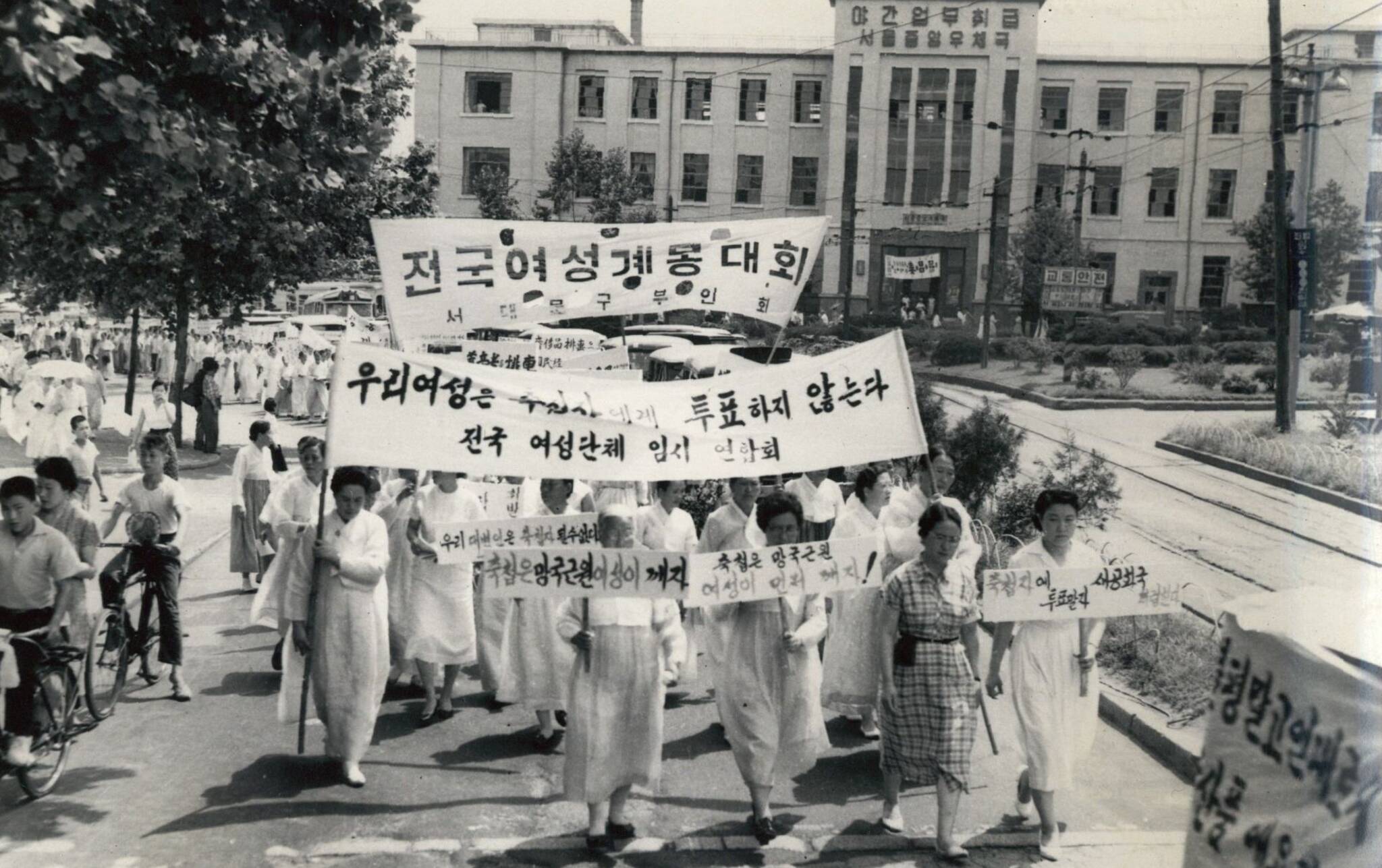
Fashioning Monogamy: Constitutional Rights of Gender (In) Equality and Adultery Law in Postcolonial South Korea
Jisoo M. Kim, George Washington University
November 20, 2024 · 4:30 pm—6:00 pm · 202 Jones Hall

Establishing modern monogamous marriage based on gender equality emerged as one of the priorities for the state to construct a civilized nation-state in postcolonial South Korea. The state embedded the principles of gender equality in marriage in Article 20 of the Founding Constitution in 1948, aiming to eradicate the antiquated practice of concubinage. Article 20 upheld monogamous marriage grounded in marital fidelity, which demanded both spouses commit to exclusive sexual relations with each other. When the new Criminal Act was compiled in 1953, Article 20 played a crucial role in the passage of the gender-neutral adultery law. This groundbreaking law, for the first time in Korean history, not only mandated men to remain sexually faithful to their wives but also penalized them for adultery and taking concubines. It marked a significant shift in the marriage paradigm, foregrounding men’s sexual fidelity within a monogamous marriage. By examining the legal and public discourse surrounding adultery, this talk demonstrates that the gender equality provision outlined in Article 20 was pivotal in criminalizing the longstanding practice of concubinage and men’s adultery. Nonetheless, women had to continue to fight against concubinage by confronting men’s resistance to gender equality in marriage and the ongoing subordination of women in postcolonial South Korea.















